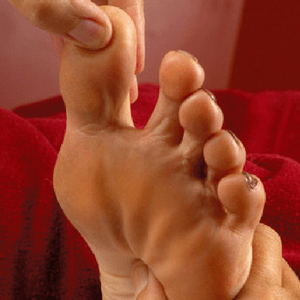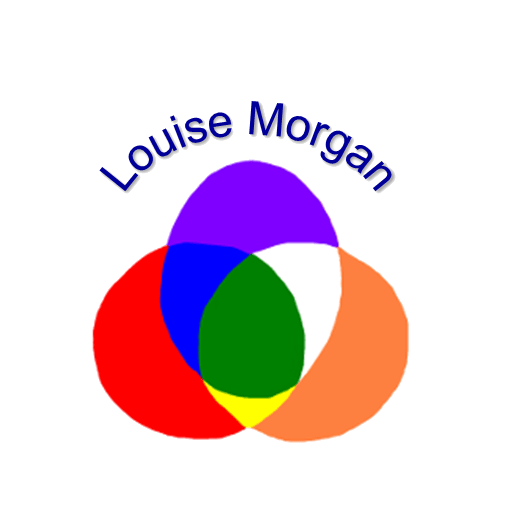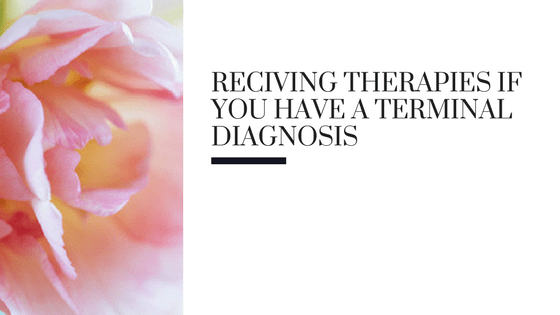Some people feel if they have received a terminal diagnosis that they cannot receive complementary therapies. If you have a terminal diagnosis you have received the worst news and you will be going on a journey with the medical community on the best way of care for you. You will be dealing with shock, grief, trying to tell family and friends, reassessing priorities, trying to get practical matters in hand and working out the best way to move forward. During this time of great stress it can be beneficial to receive gentle, relaxing therapies as one tool to help you manage the tidal wave of emotions you are trying to deal with. Complementary therapies are just that, complementary. They are not designed to replace your treatment plan and are likely to have very different aims.
During a therapy you are a person, who happens to be living with a terminal diagnosis. It is not our place to try to change or alter that diagnosis, we cannot do that. What we can do is hold a supportive space, provide you with positive touch, focus on relaxation and listen to you.
Depending on your condition your therapy may need to be adapted, if you want a massage but you have trouble swallowing, it may not be appropriate for you to be led flat. If you’ve had lots of  lymph nodes removed it’s important to include lymphatic drainage and if you have reduced feeling in your hands or feet any reflexology will be very gentle. Essential oils can be beneficial but if you’re still receiving treatments such as chemotherapy, it may not be appropriate. Choosing a therapist who can understand how a therapy may need to be adapted is important, as you want to ensure you can enjoy your session as much as possible and small adaptations can enhance your ability to relax.
lymph nodes removed it’s important to include lymphatic drainage and if you have reduced feeling in your hands or feet any reflexology will be very gentle. Essential oils can be beneficial but if you’re still receiving treatments such as chemotherapy, it may not be appropriate. Choosing a therapist who can understand how a therapy may need to be adapted is important, as you want to ensure you can enjoy your session as much as possible and small adaptations can enhance your ability to relax.
Regardless of the therapy you choose it will be gentle, as we do not want to overwork your body or interfere with any treatment you may be receiving. Guidelines from a hospice I volunteered at several years ago advised that gentle massage would be no more stimulating to the body than shopping or a warm bath. If your body receives a full strength therapy you may find it too much, and it may mean you’re left feeling worse for a few days after. Providing a gentle or shorter therapy session means this is less likely to happen.
If you have received a terminal diagnosis try asking your support groups or local hospice if there are facilities to offer complementary therapies. Many venues across the country now recognise the benefit of complementary therapies and allow people living with a terminal diagnosis to access the service for a free or reduced cost. If you can’t access therapies for free or a reduced cost, you can contact a private therapist for a session. You will need to be honest with them about your diagnosis, medication and treatment plan to ensure you can receive the best session possible which will maximise benefits and reduce risks of negative after effects.
 Louise is an holistic therapist who owns the Therapy Centre, BS14 9HB, a clinic offering a range of holistic and beauty therapies. Louise offers reflexology, aromatherapy, aromatology, holistic massage, Indian head massage, reiki, baby massage and story massage. She is a mum of two boys and when she is not working she enjoys getting outdoors with her family. For further information visit louise-morgan.co.uk or contact her clinic on 01275 217160
Louise is an holistic therapist who owns the Therapy Centre, BS14 9HB, a clinic offering a range of holistic and beauty therapies. Louise offers reflexology, aromatherapy, aromatology, holistic massage, Indian head massage, reiki, baby massage and story massage. She is a mum of two boys and when she is not working she enjoys getting outdoors with her family. For further information visit louise-morgan.co.uk or contact her clinic on 01275 217160

